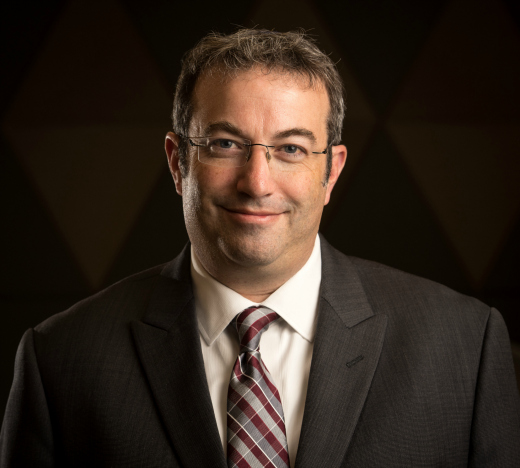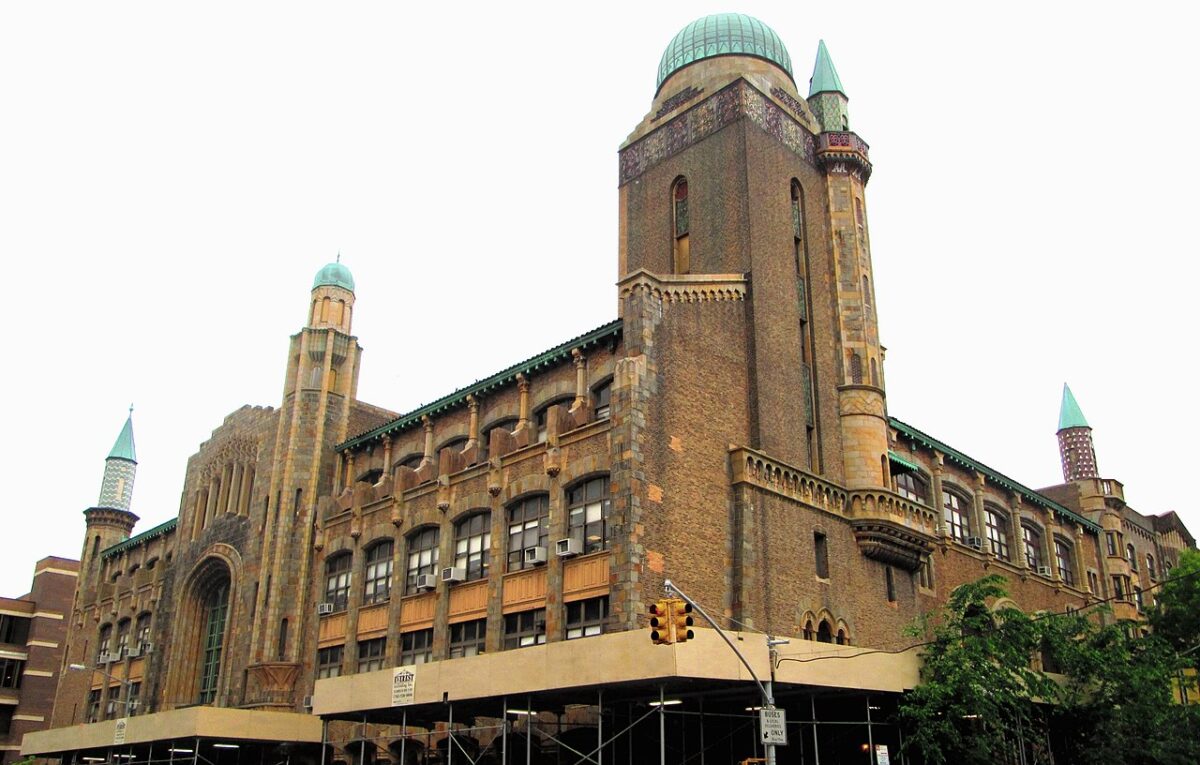Yeshiva University has painted itself into an untenable, unsustainable and unacceptable position.
As a secular institution, this flagship university of Modern Orthodoxy in New York City accepts public funding for its graduate programs, yet its undergraduate program is religiously oriented.
The inherent tension between these diametrically opposed streams came to a head recently following the university’s disappointing decision not to recognize the Pride Alliance, an LGBTQ group, as an official club on campus.
Unable to resolve their differences, the two sides upped the ante by going to court.
A judge in New York state ordered the university to recognize the club immediately. Refusing to do so, the university appealed to the U.S. Supreme Court, which essentially sustained the previous lower court’s ruling.
Responding to these developments, the university announced the suspension of all club activity rather than doing the right thing and recognizing the Pride Alliance.
In a statement, the university’s president, Ari Berman, blatantly contradicted himself.

On the one hand, he claimed that its “commitment to and love for our LGBTQ students are unshakeable,” and that “we welcome and care deeply for all our students, including our LBBTQ community.”
On the other hand, he acknowledged that the university’s recognition of the Pride Alliance would not be “consistent with (its) Torah values.”
One strongly suspects that its real position is reflected in the second part of Berman’s statement.
An alumni, Rabbi Rafi Eis, articulated this argument. Writing in the student newspaper, The Commentator, he candidly observed that liberal values clash with the university’s role as a religious institution which also ordains Orthodox rabbis.
As he noted, “Yeshiva University cannot maintain its religious standards and define itself as secular. Down the road, there will be further conflicts.”
Peering into the future, Eis explained that the university will be hard pressed to decide whether to accept transgender females into Stern College, a women’s institution, or transgender males into Yeshiva College, a male institution.
The university’s contradictory policy already has sparked an intense debate and elicited a fierce backlash.
Earlier this month, the undergraduate faculty published a letter in support of LGBTQ students. Letters of a similar nature have been sent by the Wurzweiler School of Social Work, the Ferkauf Graduate School of Psychology, the Cardozo School of Law and the Albert Einstein College of Medicine, which is affiliated with the university.

The Wilf Family Foundations, a major donor, has also castigated the university’s backward-looking decision.
It released a hard-hitting statement that goes to the heart of the matter: “As foundations grounded in our Jewish faith and values, we steadfastly stand for tolerance, inclusion and justice, and reject discrimination of all kinds. We strongly disagree with YU’s decision to not recognize the Pride Alliance and have expressed that disagreement to YU’s leadership from the beginning.”
Colloquially speaking, the ball is now in Berman’s court. As university president, he can either stubbornly dig in or let common sense and decency prevail.
If the university continues to demonize and delegitimize LGBTQ students, it should reclassify itself as a religious institution and gird itself for a scenario in which it loses funding from its usual private and government sources.
If, however, the university finally recognizes the Pride Alliance, it will set a shining example that other Orthodox institutions, particularly in Israel, can emulate.
Yeshiva University cannot sit on the fence indefinitely.
